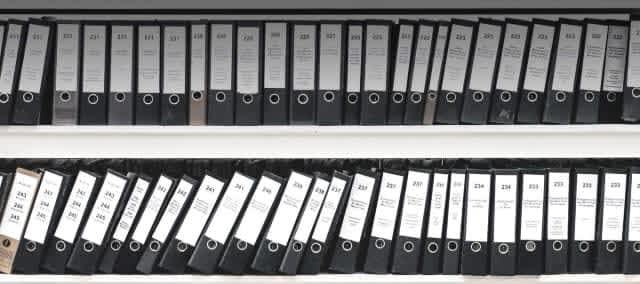1. Discover whether you're on track to achieve the retirement you want
Many of us are in the dark about how much we’re going to need when we stop work, and how much we should be saving. Find out whether you’re putting away enough with our handy Pension Calculator, which is designed to give you an idea of the annual income you’ll need for either a comfortable or modest lifestyle at retirement. It’ll tell you how big a pension pot you’ll need at retirement to achieve these levels of annual income, factoring in how much the state pension will provide you with. You can adjust your retirement age using the sliding scale to see how this affects the overall amount you’ll need to save. Knowing how much you need to save can help you work out whether you’re saving enough, or whether you need to pay more into your pension.
2. Think about consolidating your pension if you're struggling to stay on top of them
If you’ve got several different pensions, perhaps because you’ve joined a number of company schemes over the years, and you’re finding it hard to manage all the paperwork, you might want to think about consolidating them. Doing this means you’ll just have one annual pension statement a year, showing you the value of your retirement savings and where they’re invested. Before consolidating pensions consideration should be given to receiving professional financial advice , as many pension plans come with valuable benefits which you shouldn’t give up. Find out more about consolidating pensions in our blog ‘Should I consolidate my pensions?’ If you want help finding any pensions you’ve lost track of, or advice on whether or not to consolidate your plans, call Profile Pensions on 01772 804 404 or contact us.
3. Find out where you pension are invested
If you don’t know where your retirement savings are invested, check your annual pension statement which should explain which fund or funds your money is going into, and how much you’re being charged. Usually your money will go into what’s known as a ‘default fund’ unless you state that you want to invest in a different fund. Make sure you understand exactly where this fund invests, so you can be certain that you’re comfortable with the level of risk involved. If you’re not sure, get professional advice. Learn more about ‘Where is my pension invested?’
4. Work out how you'll access your pension
If you’re retiring in 2019, you’ll need to think carefully about how you’ll take money from your pension. Taking too much out too soon means you not only risk running out of cash too quickly, but you could also land yourself with a hefty tax bill, so planning is essential. If you’re aged 55 or over, you can get free guidance on the different ways you can access your pension from the government service Pension Wise. However, if you want advice and recommendations that are specifically tailored to your individual circumstances, you’ll need help from a professional financial adviser. Read more about your options at retirement in our blog ‘Accessing your pension’.
5. Make sure your pension beneficiary details are up-to-date
Most pension providers allow you to state who will inherit your pension when you die. This will usually be your partner, spouse, or children, but you can pass your pension on to whoever you want. If you’ve got more than one pension, you’ll need to let all your providers know separately who your beneficiaries are.
The value of investments, and the income derived from them, can go down as well as up and you can get back less than you originally invested. This article does not constitute personal advice. If you are in doubt as to the suitability of an investment please contact one of our advisers. Prevailing tax rates and reliefs are dependent on your individual circumstances and are subject to change. Please note we do not provide tax advice.



